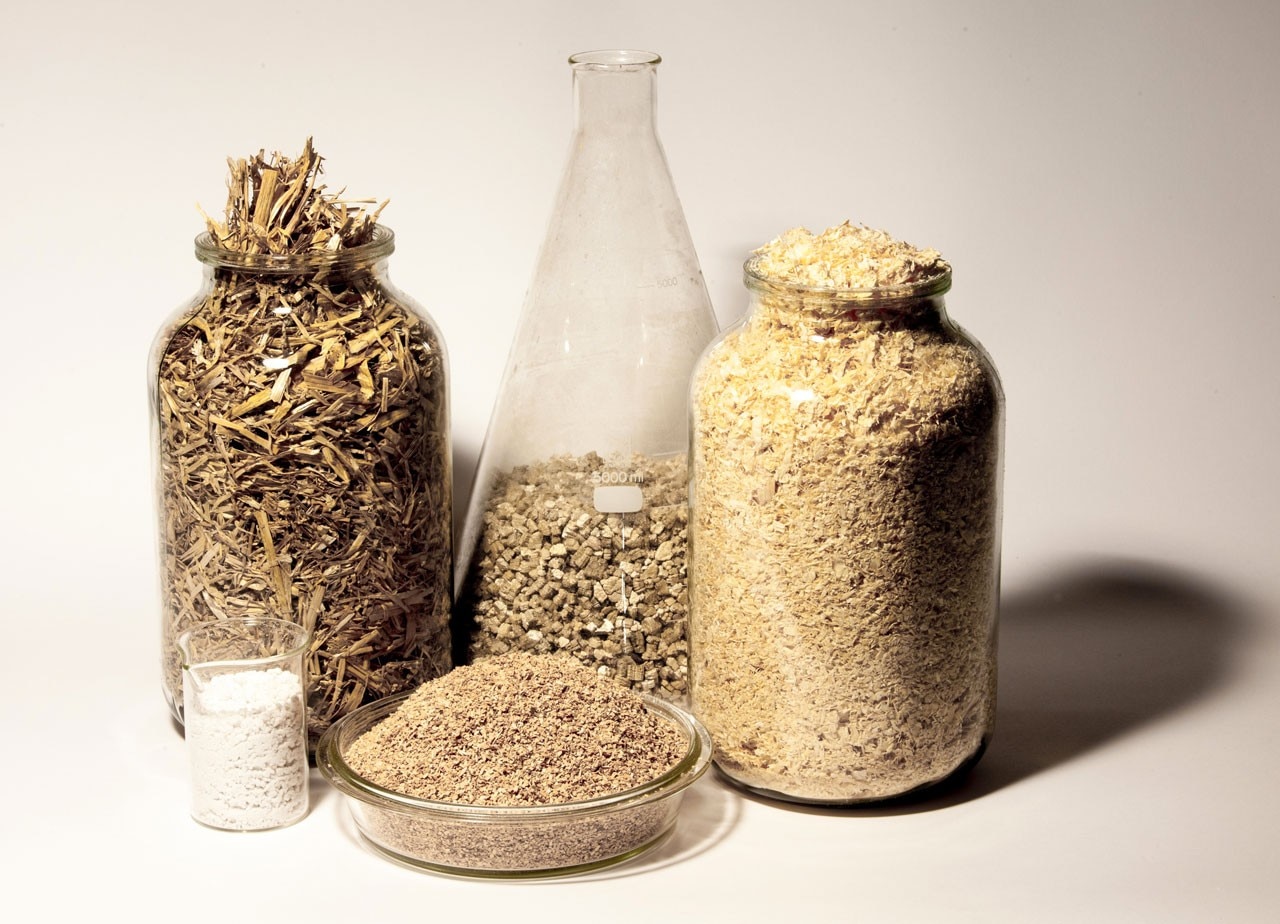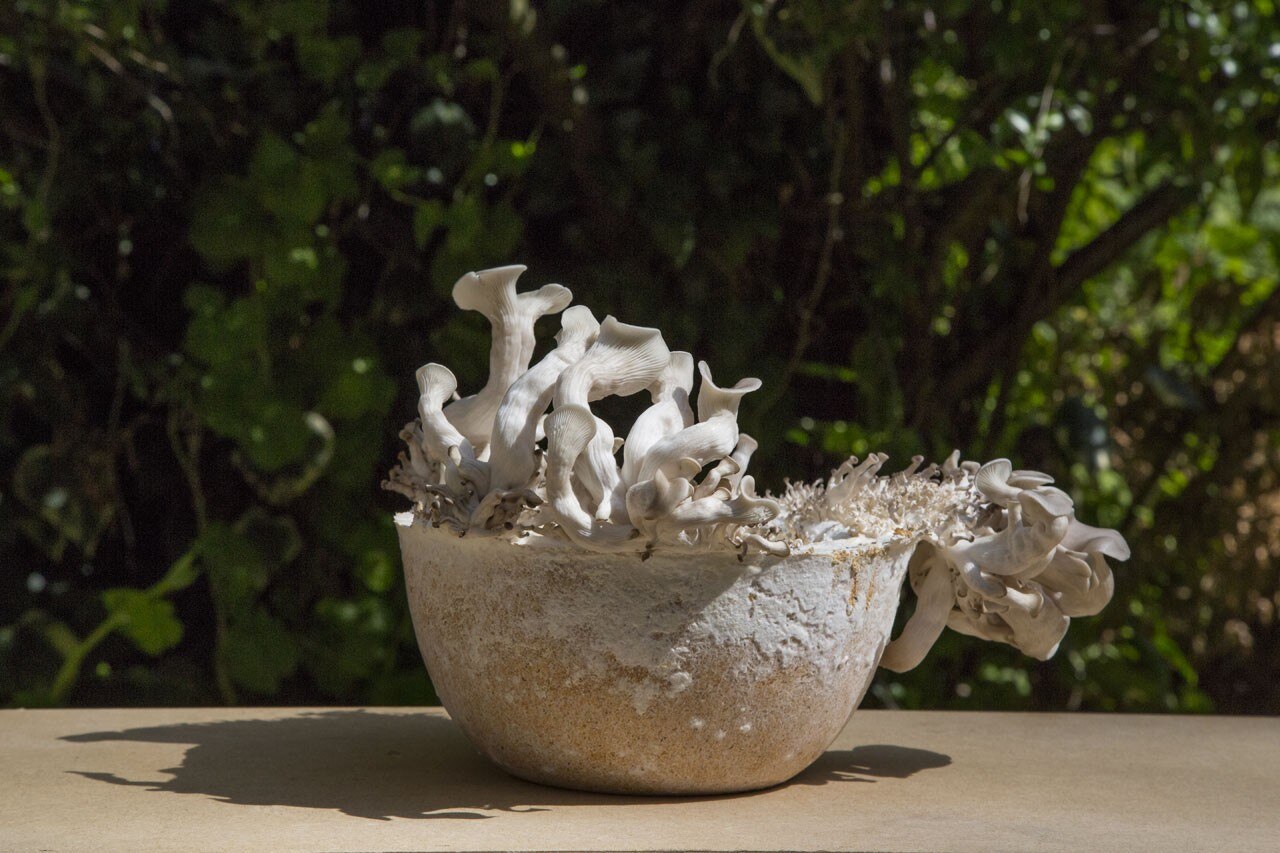
The sterile glass-case toured the world, with new contents each time, of course. Montalti then took another step forward and, as well as the fungi’s known “lethal” properties for organic and inorganic materials, discovered the reticular “construction” ones that allow the fungi to “feed” on the substances in the materials and develop a sort of glue – called mycelium – that can connect different materials, depending on their ingredients, and produce “augmentative” projects. These experiments have opened up new study possibilities for plastics and their potential future transformations. “The Future of Plastic” exhibition at the Fondazione Plart in Naples narrates this scenario. Designed by Maurizio Montalti/Officina Corpuscoli, it is curated by Marco Petroni, who previews it.
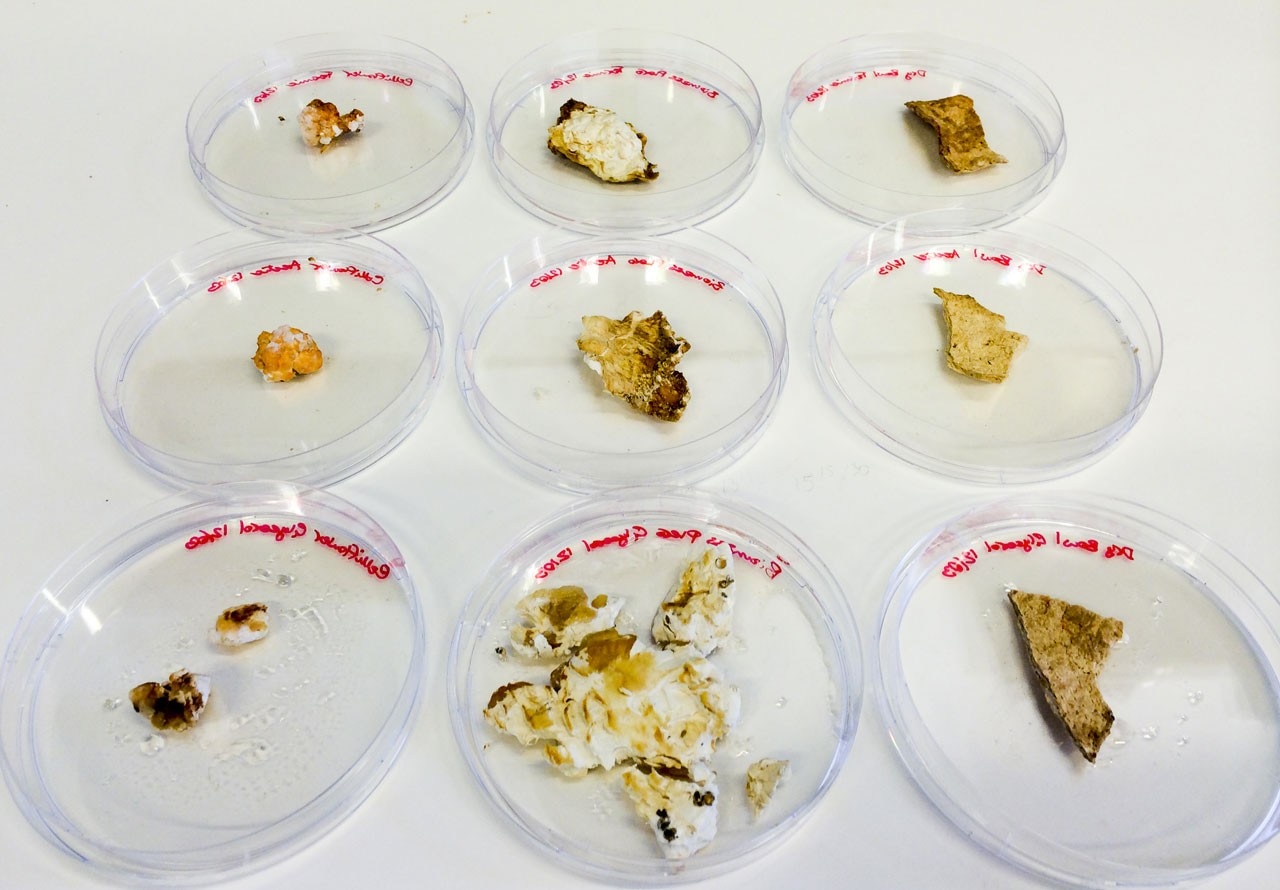
Chiara Alessi: Over the last 30 years, design plastics have polarised opinions at the extremes: from the technological exaltation and creative utopia of the 1990s to the ecological non-sustainability of the 2000s; from those who conjured up alternative scenarios with a view to exhausted plastic reserves to those who have pushed its properties to the limits of resistance; and from the media industry and mass production to the workshop. Where does your exhibition stand on this?
Marco Petroni: Plastic or rather the variegated plastic family has shaped and pervaded modernity as Roland Barthes rightly highlighted in his seminal 1950s’ essay. Today’s world, the epoch of aporia, of doubt, is asking us to re/think a whole production and economic system that is still strongly based on oil-driven energy. We must instead reflect deeply and decide what world we want, and then fight to attain it. Design is so pervasive that it has a part to play in tracing new scenarios outlining a new, more responsible and shared world. The Officina Corpuscoli/Maurizio Montalti project falls within this informed vision that embodies hope for the future. We see the prospect of an anthropology and a design culture that is in the hands of a new social and entrepreneurial generation, one that is exploring production and training platforms to build a sense of expanded community based on a mesh of different knowledges.
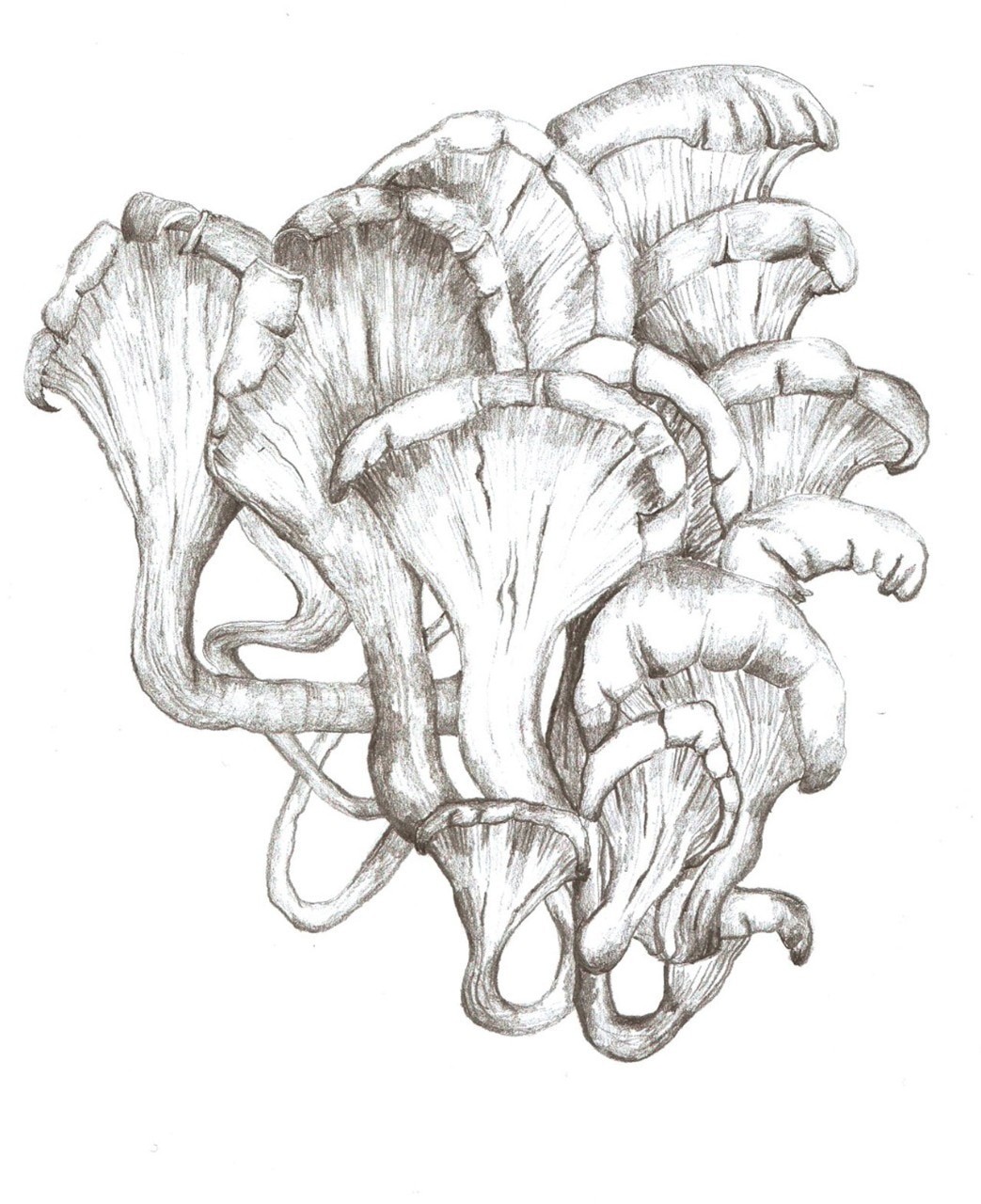
Chiara Alessi: What is or might be the future of plastic?
Marco Petroni: The word future has ousted the term crisis from a hypothetical classification of the most widely used terms in the current economic/cultural debate. Rhetoric and statistics aside, we must accept that the development of oil-based polymers is doomed. Anthony Dunne and Fiona Raby’s Speculative Everything introduces us to a design world where we can imagine how things based on new narrations might be. It is not a matter of identifying trends and pursuing the production of the objects or materials of the future. Dunne and Raby show us that it is possible to participate in the development of the future we desire and want as living beings. In my work as a curator and theorist for PLART, I always try to paint a critical vision of plastics. Botanica by FormaFantasma, The Idea of a Tree by Mischer/Traxler and Montalti’s project show that a cultural institution centred on this material family has a responsibility, on the one hand, to illustrate the major research and innovation produced by plastics in modern times and, on the other, to highlight the necessary changes if we are to conceive another possible world – one with no crude oil.
Design is a unique method of social and cultural investigation, a vibrant practice that experiments with alternative visions of the world.
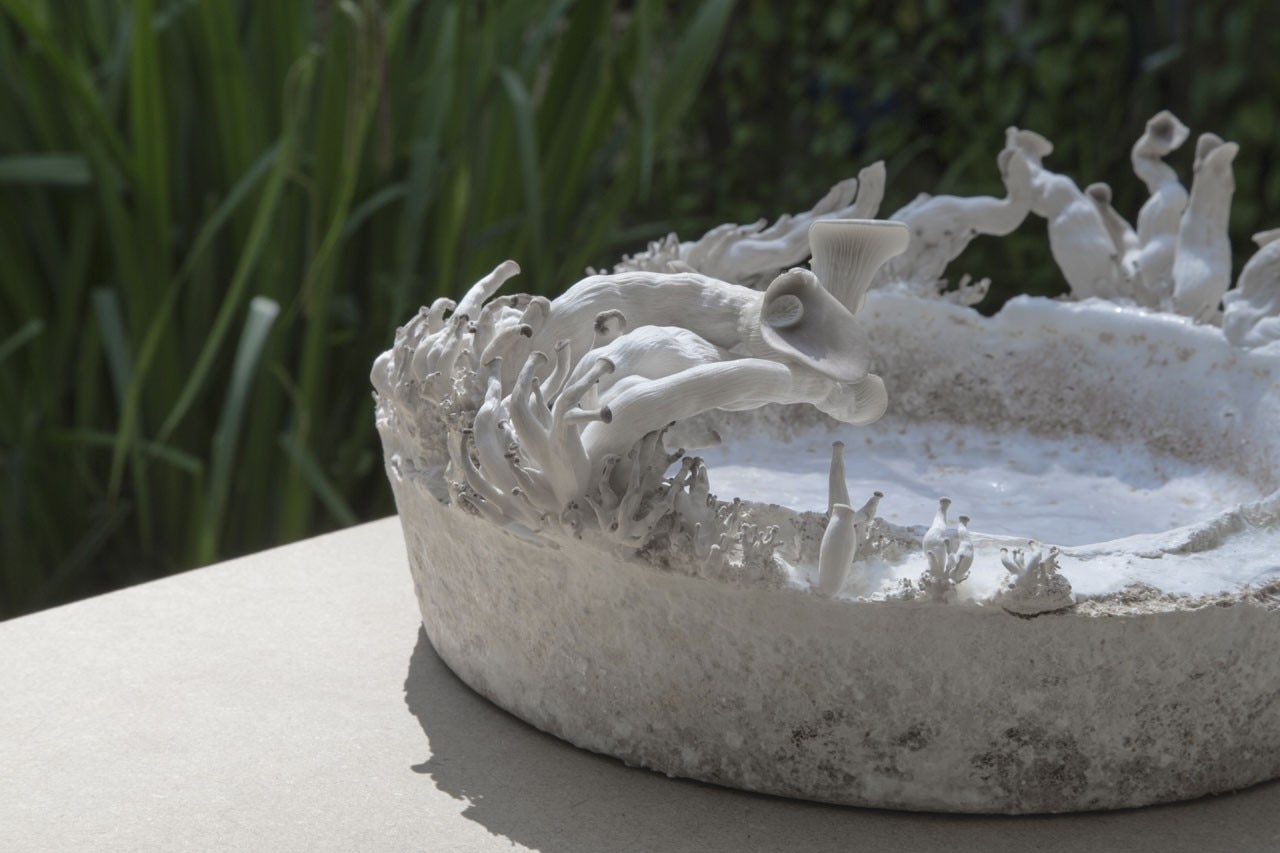
Chiara Alessi: Does the choice of this specific subject contain a latent criticism of the current moment?
Marco Petroni: In the present social and cultural situation, the designer plays the role of the manipulator and design is a tool of knowledge. If we consider the experiences of radical design, Superstudio and Archizoom in particular, this vision of the designer’s role was already present, with the difference, as recognised in a recent essay Andrea Branzi (An Exaggerated Generation), that a maximalist vision of design has been replaced by a proliferation of visions and sensitivities that move in the folds of our everyday lives. They are attempts to create political, economic and cultural spaces of action. The designer’s condition rests on the need to feel an active member of a generation in constant transition. Not a problem solver but a problem finder.
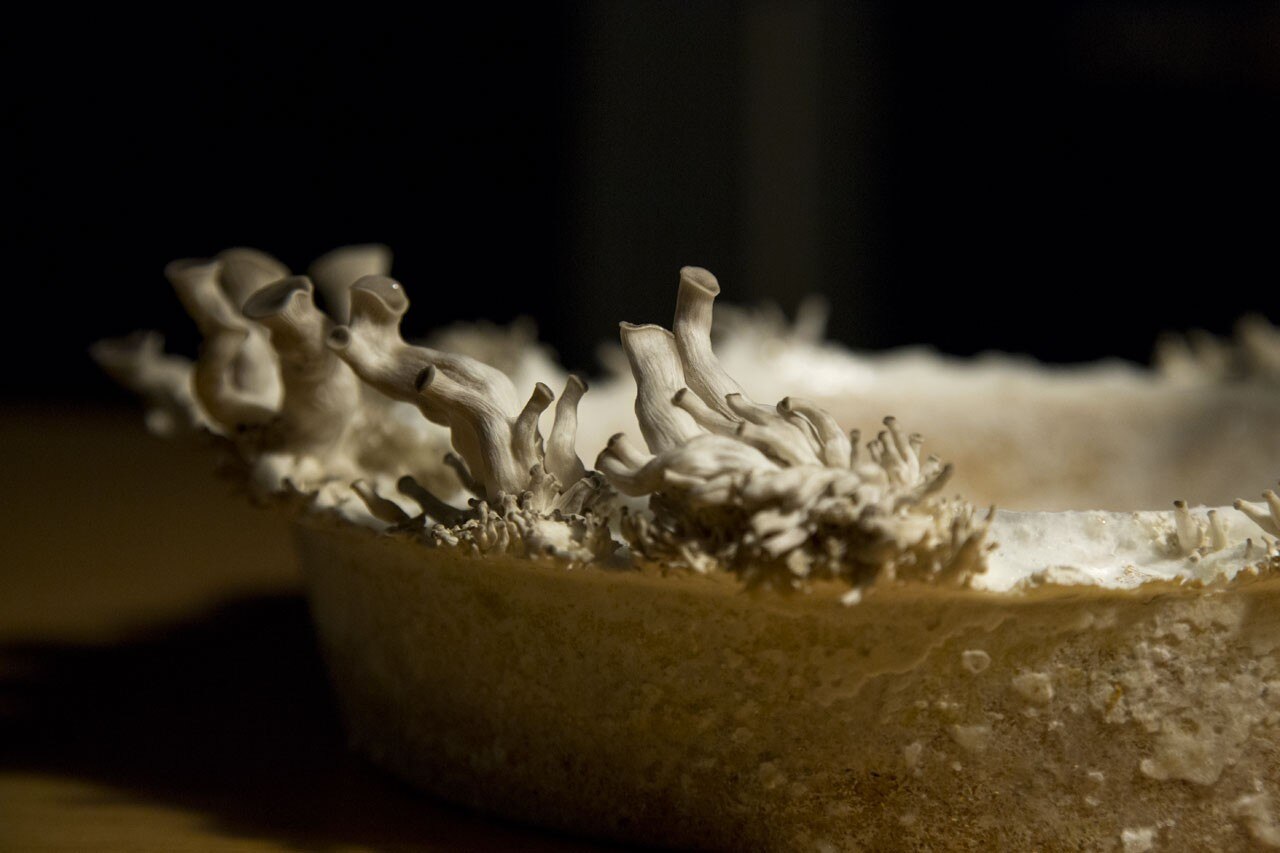
Chiara Alessi: How is the exhibition constructed? Will you reproduce Officina Corpuscoli’s The Growing Lab?
Marco Petroni: The exhibition concept exalts the changed paradigm that is being explored and practised by The Growing Lab i.e. production is replaced by a new category of “grown” objects. The exhibition underscores three qualities: slowness, imperfection and essentiality. The laboratory dimension of the exhibition design conveys the fruitful dialogue between design and science. Montalti’s design approach is totally original and reveals the contours of an expanded territory featuring a poetic of the threshold and crossing that, apart from the specific theory advanced, re/proposes the need to explore unexplored territories and rethink key notions that are often seen as contrasting: nature/culture, subject/object and scientific knowledge/humanistic knowledge.
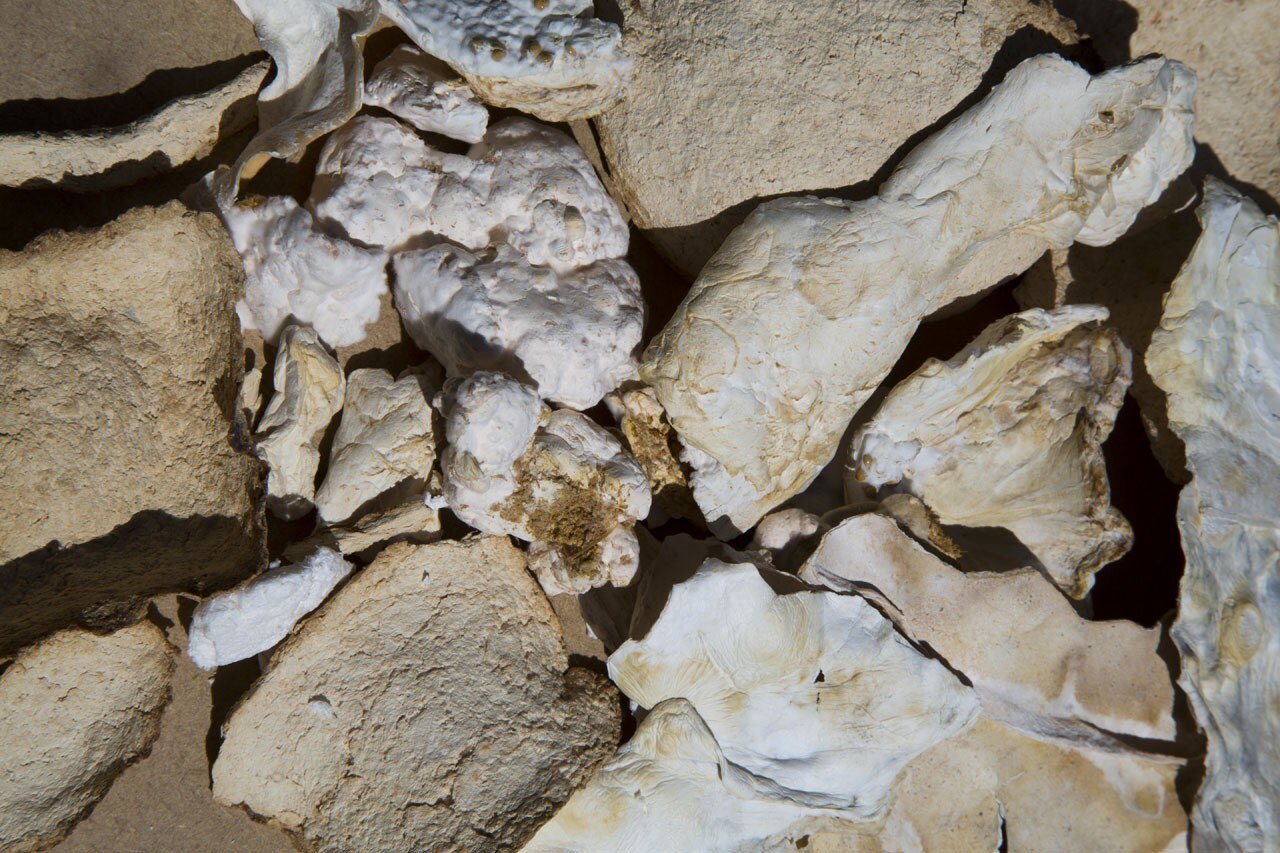
Chiara Alessi: To what extent is what happens during the exhibition period predictable?
Marco Petroni: Are you frightened of finding yourself plunged into a mass of fungi when you visit the exhibition? The imperfection does not lapse into unpredictability. The whole process of “growing” objects is the product of years of laboratory and studio research. This is the first time that Maurizio Montalti has presented a collection of objects. Hosting and producing this event is a fantastic opportunity for PLART and I would like to take this opportunity to thank the Foundation’s President, Maria Pia Incutti, for continuing to invest in such projects.
Chiara Alessi: Like other contemporary experiments focused on the concept of programmed growth that is also autonomous of the designer, do you think that this one involves what could be described as an “ethical”/“political” thought, as well as reflections on method and the repercussions on the design process and paradigm?
Marco Petroni: “The Future of Plastic” necessarily triggers a political vision of design, changing it and distorting the perspective to propose new paradigms and fresh food for thought. We intentionally included a video by Montalti at the end of the exhibition route showing garbage patches and that prompts reflection on the radical and profound changes affecting our times. Eco-catastrophes, military and social conflicts, and financial cracks call for new responses that define social territories where, as Slavoj Zizek says, we must assume full responsibility.
Chiara Alessi: What’s the difference between a “varied series” that can be produced by a natural agent and a mechanical one based, for instance, on changes to industrial moulding procedures that make each piece unique and the result of “scientific chance”?
Marco Petroni: We somewhat provocatively decided to compare the object growth process to that of a slow 3D printer. Humans accept and follow the rhythm and timing of nature in the knowledge that the result will be unique. The mycelium, a mass of branched fungi filaments, is an example of the introduction of design in movement, one that takes into account today’s evolving and pluralistic life. Like one of the mycelium lines, “The Future of Plastic” represents neither the start nor the end of a process; it is an intermezzo in a plural and variable mass, in which the objects “grown” and exhibited at Plart play the role of moving testimony to a potential alternative.
10 July – 27 September 2014
The future of plastic
Fondazione PLART
via Giuseppe Martucci 48, Naples
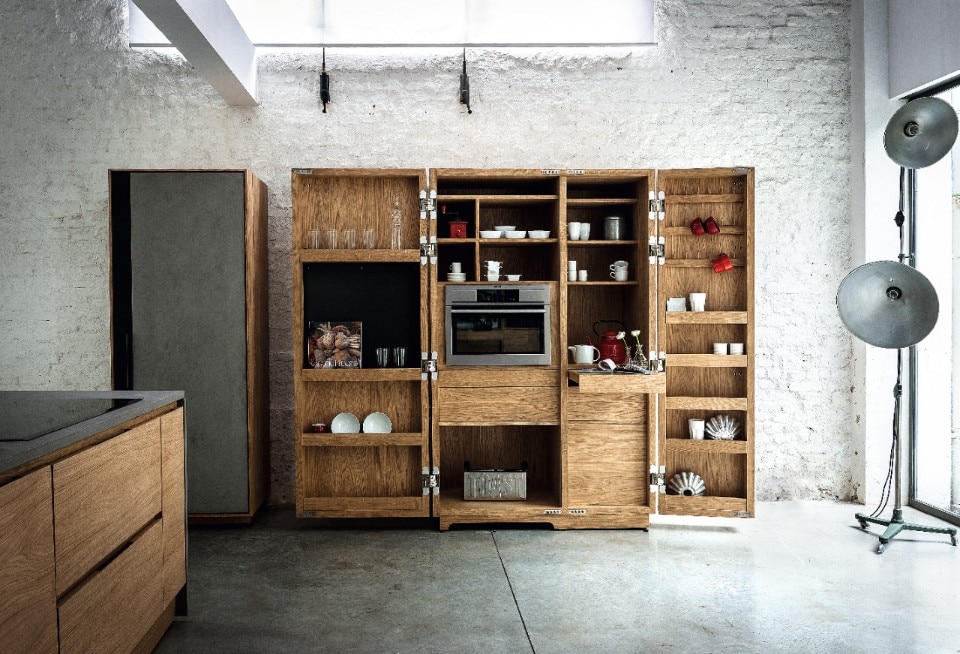
The value of solidity
Riva1920 creates solid wood furniture using certified or reclaimed materials, combining sustainability, high-quality craftsmanship, and timeless design. An Italian excellence focused on durability, transparency, and authenticity.


